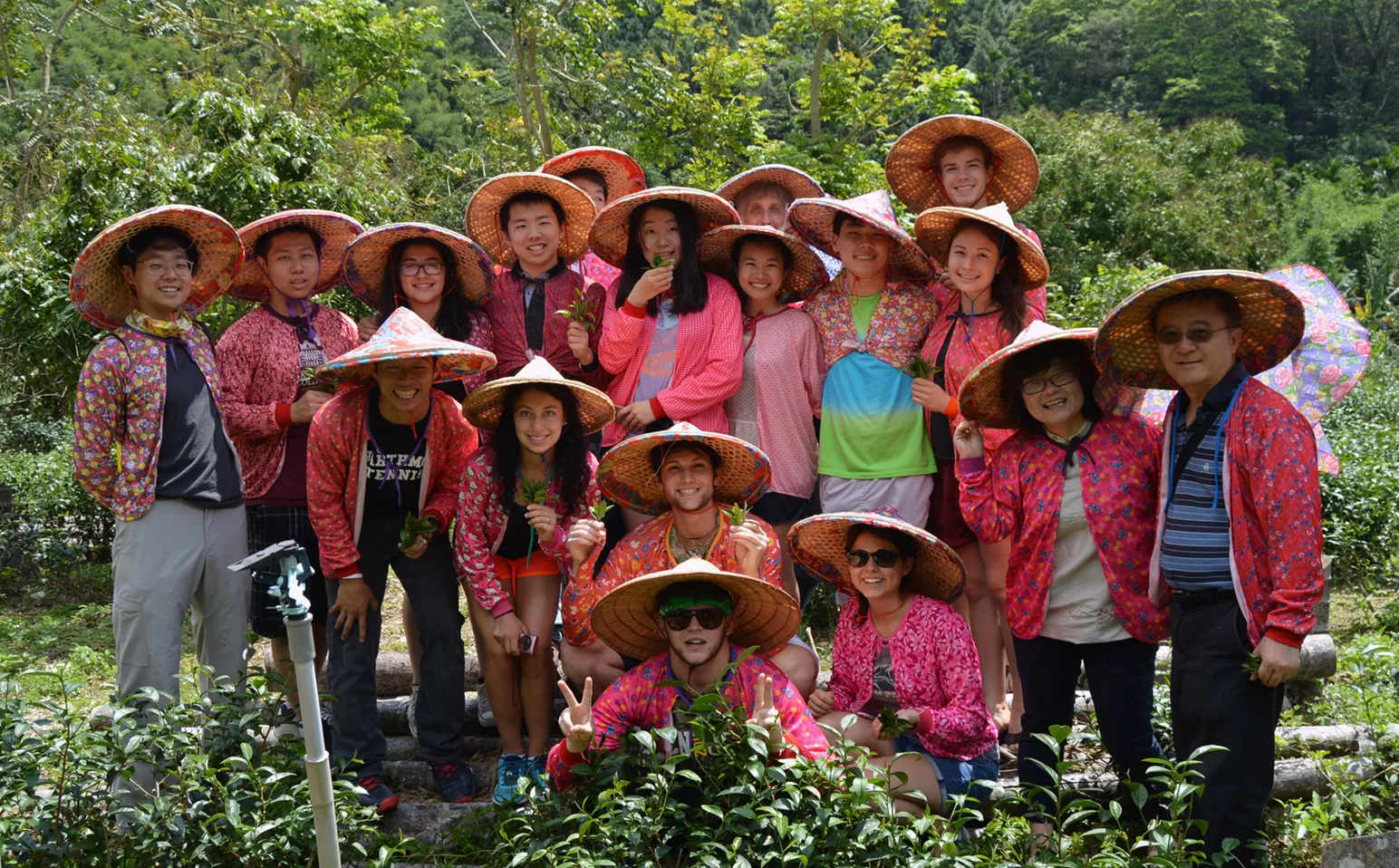Swarthmore LIASE Travel Courses

As part of the LIASE program, Swarthmore College has developed new interdisciplinary courses that combine classroom learning with related on-the-ground experiences in Asia. In the spring semester, Swarthmore faculty members team-teach a course on a topic that provides new insights into environmental and sustainability issues in Asia. During the subsequent summer, students enrolled in the courses travel over two weeks to sites in Asia to explore firsthand the topics they discussed in the course.
In each year of the LIASE implementation grant, Swarthmore has offered the following courses:
- 2015: Tea in China: Cultural and Environmental Perspectives (Alan Berkowitz, Chinese, and Haili Kong, Chinese)
- 2016: Governance and Environmental Issues in China (Tyrene White, Political Science, and Jiajia Wang, Chinese)
- 2017: Water and Environmental Issues in Taiwan/China/Hong Kong (Carol Nackenoff, Political Science, and Haili Kong, Chinese)
- 2018: Food in China/Taiwan: Cultural and Environmental Perspectives (Hansjakob Werlen, German, and Haili Kong, Chinese)
Read what some students have to say about their experiences with the LIASE travel courses.
pring-summer travel courses have been very successful. They have allowed students to gain new perspectives on what they learned in the classroom and in their research projects. In 2015, students studying tea learned about economic, cultural, and agricultural characteristics of tea in China. During their trip, they visited tea farms, held seminars with economists studying tea production and consumption, and participated in tea ceremonies in a variety of settings. In some cases, in-person visits were preceded by online communications via Skype with the class during the regular term. In 2016, students studying governance and environmental issues in China visited numerous national parks and wilderness areas dedicated to preserving natural habitat, including spending several days backpacking in the Laojunshan National Park with the Nature Conservancy and local park rangers.
LIASE travel courses have provided students with real-time, in-person perspectives of environmental topics in Asia that cannot be duplicated in the classroom, providing new dimensions of understanding on timely topics. Since the initial offering of the courses during the pilot phase, student participation has grown from five to 20 students. The travel courses have also provided faculty members with opportunities to team-teach with colleagues outside their departments, interact with students outside the classroom, and collaborate internationally with faculty and experts in Asia.



